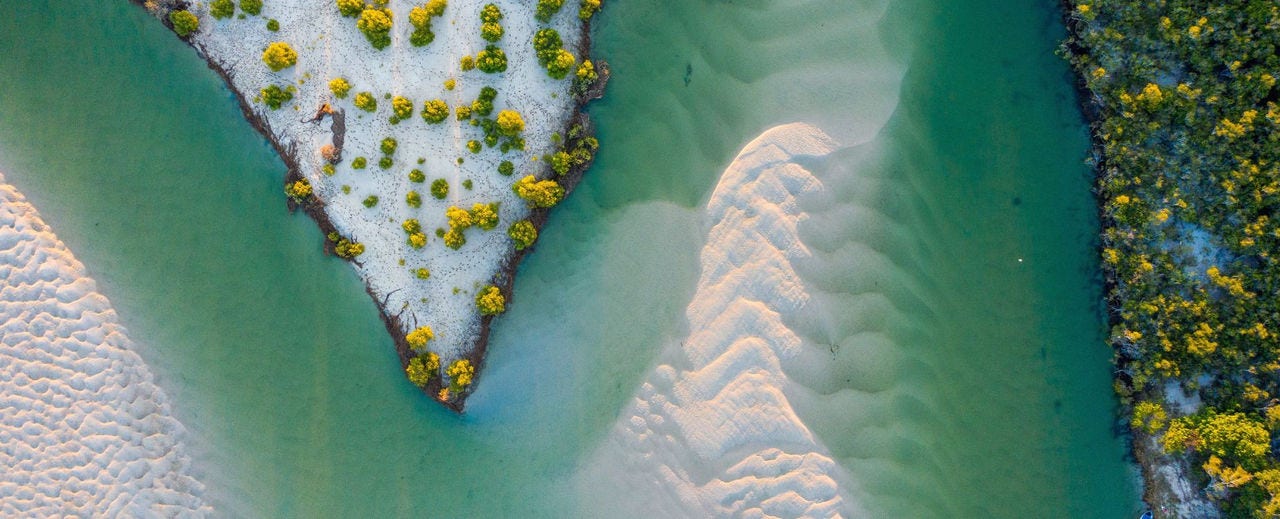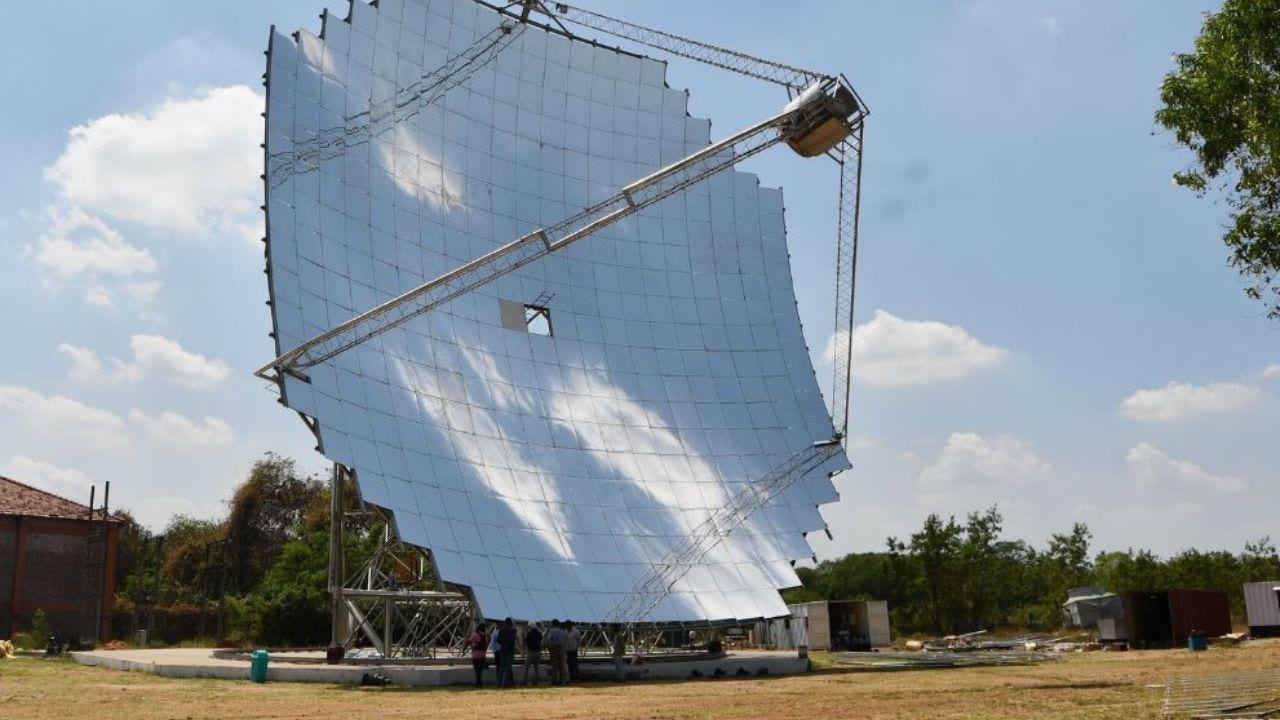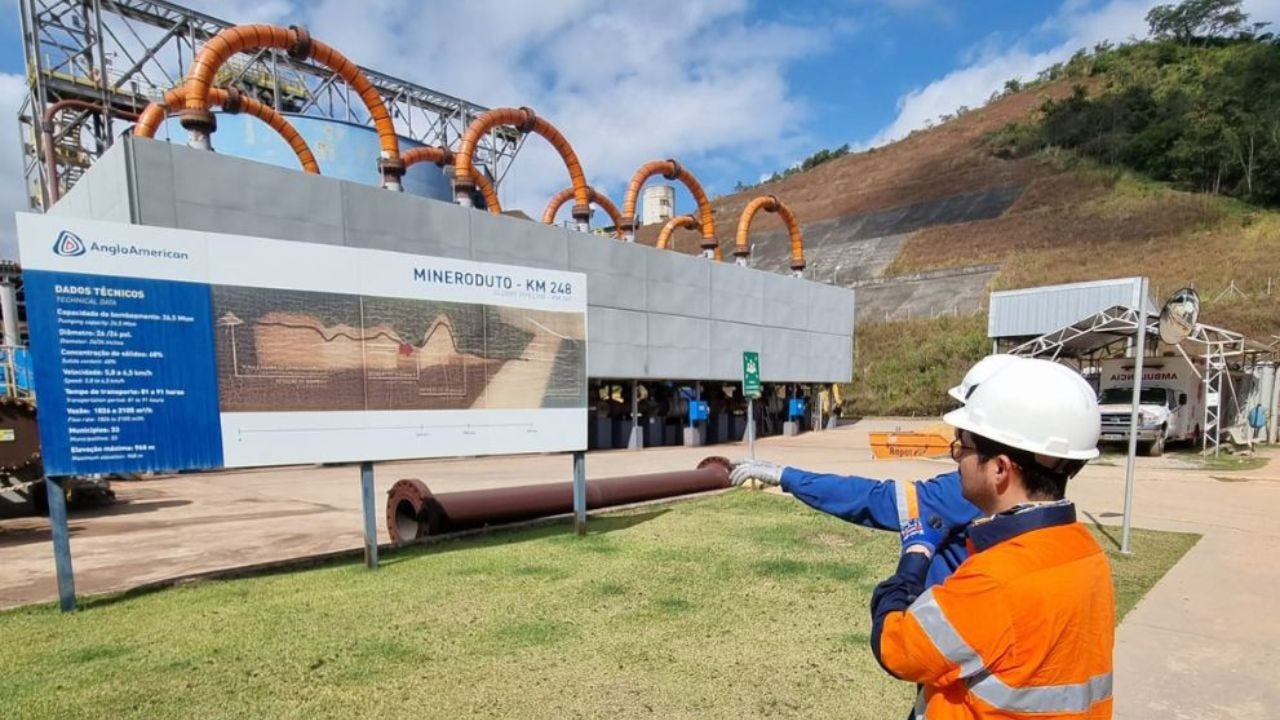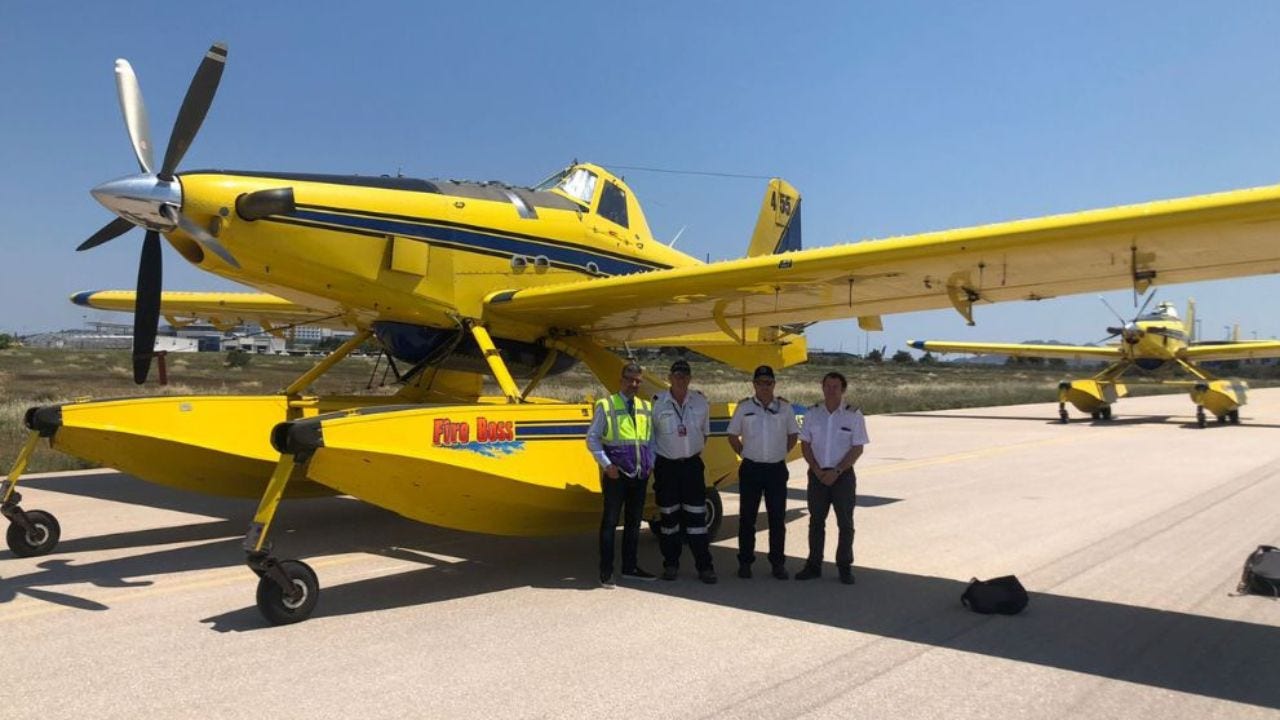NSW recycler in world first with smelter detox tech
Regain is a pioneer in toxic waste recycling for the aluminium industry. Its technology destroys toxic substances – such as cyanide – from residue inside smelters.
Regain turns the clean residue into a chemical additive for cement making. This enables cement-makers to reduce greenhouse gas (GHG) emissions by 5–10%. Regain exports its technology and low-carbon clinker to 19 countries, including to customers in Southeast Asia and the Middle East.
Turning toxic residue into low-emission cement
Regain’s journey into industrial recycling began in the 1990s. The Newcastle-based company was working with clients in Australia’s aluminium industry. The smelting process creates a toxic residue called spent pot lining. This pot lining releases dangerous gases when exposed to moisture in landfill sites. Regain spotted an opportunity.
‘We wanted to turn toxic pot lining into a chemical product for the cement industry,’ says Bernie Cooper, Managing Director, Regain Services. ‘We partnered with the Institute of Construction Science Eduardo Torroja in Spain to develop the idea.’
The partnership led to a novel method for using sodium fluoride in spent pot lining to create a product called HiCAL. Regain’s HiCAL provides unique benefits for cement-makers.
‘Regain solves an environmental challenge,’ says Cooper. ‘By recovering spent pot lining, we divert waste from landfill sites. By using the chemicals in spent pot lining to lower GHG emissions, we help make the cement industry more sustainable. The cement industry generates around 5% of global GHGs.’
The company is a showcase for recycling innovation in Australia. Executives say they have transformed more than 500,000 tonnes of hazardous waste. Regain exports its smelter waste technology to aluminium companies around the world. It also exports the chemical product, HiCAL, to cement-makers globally.
‘We were the first company in the world to commercialise the use of sodium fluoride chemicals from aluminium smelting to reduce GHG emissions in the cement industry – and to do it on an industrial scale,’ says Cooper.
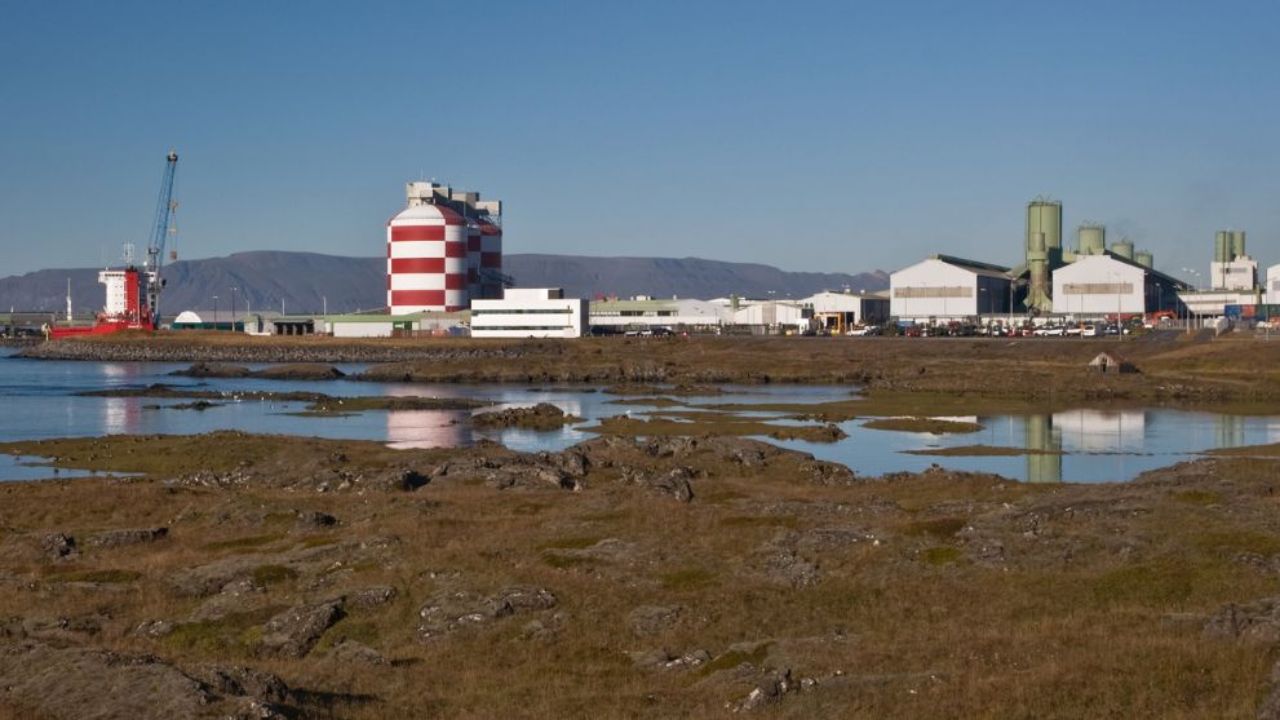
Regain exports its expertise
Regain manufactures its smelter components in Newcastle, New South Wales and exports them direct to aluminium-smelting companies.
The company began exporting Australian-made HiCAL to cement companies in the Philippines and Thailand in 2012. In 2014, the company commenced shipments to Latin America and North Africa.
Today, Regain exports HiCAL to cement-makers in 19 countries. This enables construction companies to lower GHG emissions in their own supply chains. Regain also helps customers reduce energy consumption.
‘When we sell HiCAL to overseas customers, we include technical support,’ says Cooper. ‘This helps our customers learn how to use HiCAL to lower their energy costs. That means there’s a double, low-carbon benefit.’
Partnering in the Gulf
Regain’s export journey has now gone one step further with a major partnership in the Gulf. Aluminium Bahrain B.S.C. (Alba) is one of the world’s largest aluminium smelters. By working closely with Regain, Alba is significantly reducing its environmental impact.
‘Alba selected Regain to develop an efficient, zero-waste solution for its aluminium smelter,’ says Cooper. ‘They wanted us to help them process pot lining onsite, so they could reduce residue landfill.
‘Our technicians helped Alba install a zero-waste solution for their smelter. We provide technology and ongoing support via a licensing arrangement. This means we work directly with Alba to produce HiCAL in Bahrain and sell it to cement-makers in Asia.’
Austrade helps with certifications
Austrade advisors first helped Regain in 2009 when the company began selling HiCAL in China. Since then, Austrade advisors have helped Regain break into multiple new markets in Asia, Latin America and Africa. This includes help gaining certifications for HiCAL.
‘Austrade helped us obtain an ‘Advanced Classification Ruling’ from the Philippines’ Tariff Commission,’ says Cooper. ‘Austrade advisors also provide support in critical areas, such as relations with government regulators.
‘Local Austrade advisors in each country help us gain an understanding of local business culture and government requirements,’ he adds. ‘Their support paves the way for more exports to the Philippines.’
